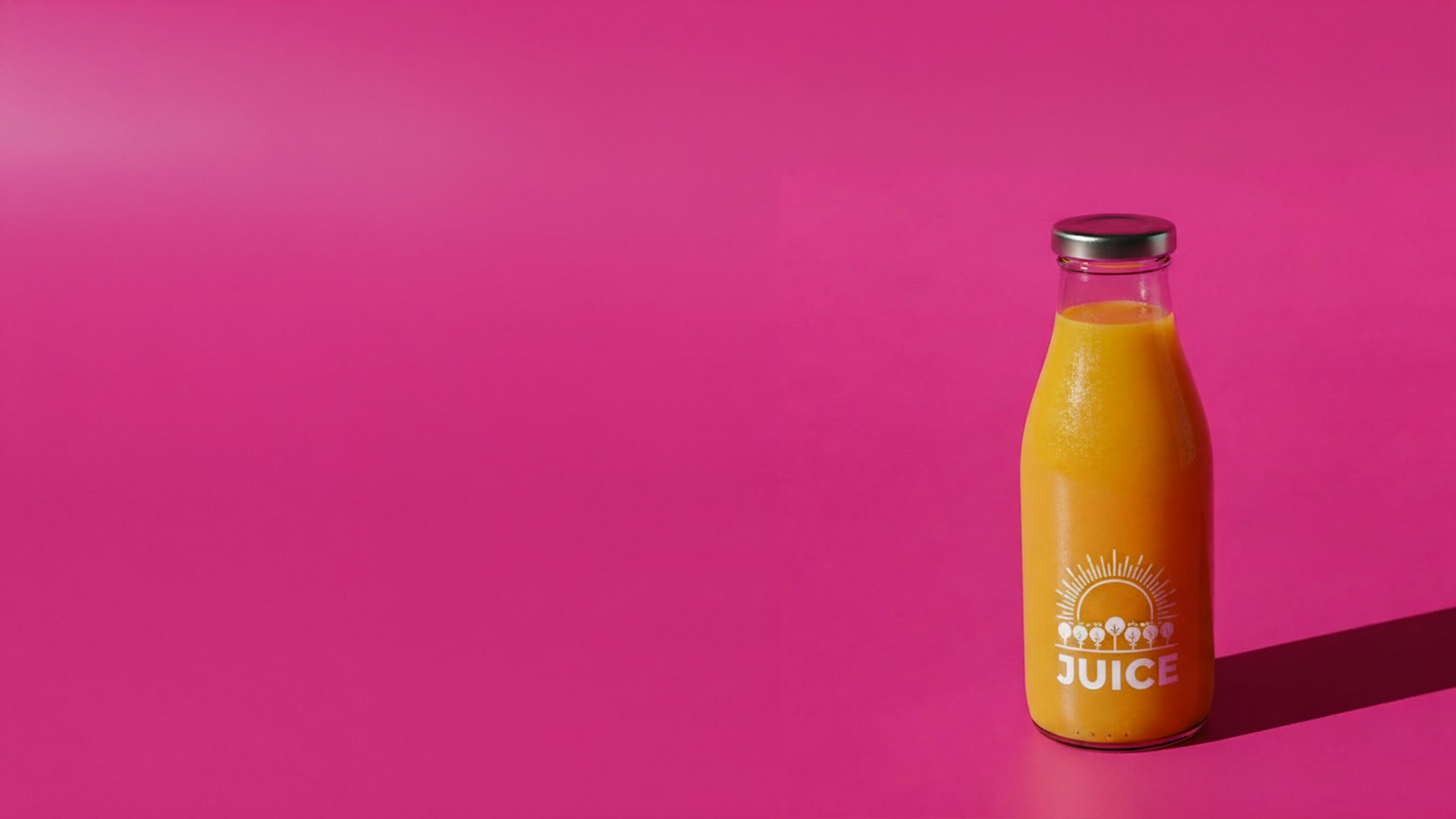
Advertise
with
Health Claims.
Advertise
with
Health Claims.
Food is often advertised with health claims. However, advertising with so-called health claims is heavily regulated. We advise companies on how to deal with health claims.
What are health claims?
Health claims are health claims that establish a link between the consumption of a food or an ingredient and a health effect or specific bodily function. A distinction is made between:
- Nutritional information, e.g. fat-free, low-fat, sugar-free, low-energy or high-fiber.
- Functional claims, e.g. calcium is required for the maintenance of normal bones, vitamin C contributes to the normal function of the immune system and zinc contributes to the maintenance of normal skin.
- Risk reduction claims, e.g. only calcium-rich foods can prevent osteoporosis or Daily consumption of beta-glucans from oats helps to lower cholesterol levels. A high cholesterol level is a risk factor for coronary heart disease.
What is allowed and what is not allowed with health claims?
Before the Health Claims Regulation came into force, nutrition and health claims for foods were not regulated separately. The general principles applied, e.g. that the claim must not be misleading. Since the Health Claims Regulation came into force, the following applies:
Nutritional information
According to the Health Claims Regulation, nutrition claims such as low energy, low fat or sugar-free are only permitted if they meet the requirements set out in the regulation and are listed in its annex. The requirements include proof of the claim based on generally recognized scientific findings, the presence of the nutrient in significant quantities in the end product and the warranty that the average consumer understands the positive effect of the claim. A list of approved claims can be found on the European Commission’s website.
Health-related information
According to the Health Claims Regulation, only health claims that are on the official positive list are permitted in the EU. This list is drawn up by the European Commission on the basis of scientific assessments by the EFSA (European Food Safety Authority). Every application for approval of a new claim requires the submission of a comprehensive scientific dossier to the EFSA, followed by an EU harmonization regulation. The positive list of permitted health claims can be found on the European Commission’s website.
This means that
- unlisted statements such as oil cures osteoarthritis
- misleading promisessuch as guaranteed firmer skin
- vague general formulations such as e.g. promotes your well-being
inadmissible and prohibited. In addition, health claims for beverages with an alcohol content of more than 1.2% by volume are generally prohibited. The following health claims are also generally prohibited:
- Information that gives the impression that health could be impaired if the food is not consumed
- Information on the duration and extent of weight loss
- Claims referring to recommendations of individual physicians or representatives of medical professions and of associations not mentioned in Article 11 of the Health Claims Regulation.
Which products are affected by the Health Claims Regulation?
The Health Claims Regulation applies to all foods intended for human consumption that are marketed in the European Single Market if nutrition or health claims are made on them. The scope of application is very broad – both in terms of the products concerned and the forms of advertising.
The regulation covers in particular
Food in the narrower sense
- Drinks such as water, juices, soft drinks (e.g. with statements such assupports fluid balance)
- Milk and dairy products (e.g. rich in calcium)
- Baked goods and cereals (e.g. source of fiber)
- Fats and oils, such as olive oil with the claim contributes to the protection of blood lipids
- Meat and fish products if they are advertised as being rich in protein or omega-3, for example
Food supplements
These include capsules, powders, drops or tablets with vitamins, minerals, plant extracts etc.. These products are often the focus of the health claims regulation, as they are particularly often advertised with health claims.
Special product groups
- Dietetic foods, e.g. for athletes, pregnant women, senior citizens
- Supplementary foods for weight regulation (e.g. supports fat metabolism)
- Functional food, i.e. products enriched with added functional ingredients (e.g. probiotic yogurts, vitamin-enriched drinks)
What about health claims for botanicals?
“Botanicals” is a collective term for:
- Plants (whole, crushed or powdered),
- Plant parts (e.g. leaves, roots, bark),
- Herbal preparations such as extracts, tinctures, essential oils, pressed juices,
- Secondary plant substances such as polyphenols, flavonoids or bitter substances.
These substances are used in foods – usually food supplements – and are often intended to have a specific nutritional or physiological effect. Typical examples are ginkgo, milk thistle, artichoke, green tea extracts or curcuma.
Botanicals are generally subject to the same requirements as all other food ingredients. This means that
- Health claims are only permitted if they have been scientifically evaluated (by EFSA) and approved by the EU Commission.
- However, a separate positive list for botanicals has not yet been adopted.
Current legal situation:
The European Commission has submitted around 1,500 botanical claims to the EFSA for evaluation. However, the processing of these claims has been suspended (“on hold”) since 2012 due to political and legal uncertainties. One of the reasons for this is the conflict between the strict scientific evidence requirement in food law and the traditional use permitted in EU herbal medicine in accordance with Directive 2004/24/EC on the Community code relating to medicinal products for human use as regards traditional herbal medicinal products.
What applies in the meantime?
As long as no decision has been made on the botanical claims, a transitional regime applies:
- Botanical health claims may continue to be used temporarily,
- provided they are based on traditional applications,
- and are not misleading.
This means:
- Statements such as milk thistle contributes to normal liver function or ginkgo supports memory performance may be valid,
- if they are provided with an appropriate reference to the herbal tradition and do not suggest any medicinal effect.
Example of an acceptable formulation:
Traditionally used to support liver function.
However, this would not be permissible:
Cures liver disease or prevents dementia – such claims would be medicinal advertising and therefore prohibited.
Boundary to pharmaceutical law
A key risk when advertising botanicals lies in drawing the line between a dietary supplement and a medicinal product. If a specific therapeutic or healing effect is attributed to the herbal substance, this can lead to the product being classified as a medicinal product – with considerable legal consequences (licensing requirement, pharmacy requirement, pharmaceutical law).
The decision does not depend on the product itself, but on the type of advertising. Classic mistakes in practice:
- “Ashwagandha has an anxiolytic effect” → medicinal effect → not permitted
- “Lavender supports inner peace during stress” → traditional use → permitted under certain circumstances
Legally compliant communication with HeALTH clAIMS BEI Botanicals is therefore a prerequisite:
- Documentation of traditional use in the EU (e.g. through HMPC or Commission E monographs),
- Careful examination of the exact claim formulation by specialized attorneys,
- If necessary, use standardized statements from monographs, e.g. from the European Medicines Agency (EMA),
- No promises of a cure or medical statements.
Which statements are relevant?
As soon as a nutritional(sugar-free, low-fat) or health claim(vitamin D supports the immune system) is used on the label, in advertising or on the website, the regulation applies – regardless of whether and how much of the substance is contained. Pictorial representations or general health-related allusions can also fall under the regulation.
Consequences of non-compliance with the requirements of the Health Claims Regulation
Companies that use health claims incorrectly are at risk:
- Competition law Cease and desist letters and injunctions by competitors and associations
- Fines of up to 100,000 euros
- Recall campaigns via authorities such as the Federal Office of Consumer Protection and Food Safety
- Reputational damage and loss of consumer confidence
We help with health claims
The topic of health claims is extremely complex. We support companies in complying with the legal requirements. We also represent companies in competition law disputes concerning health claims.
Our team
for Health Claims
Our team
for Health Claims










